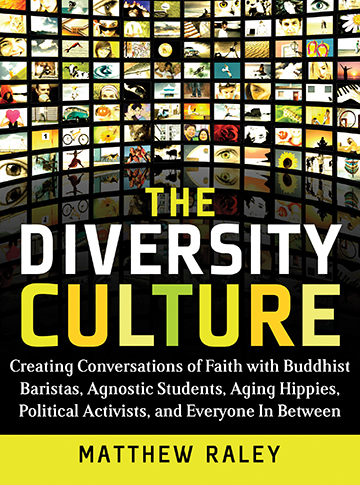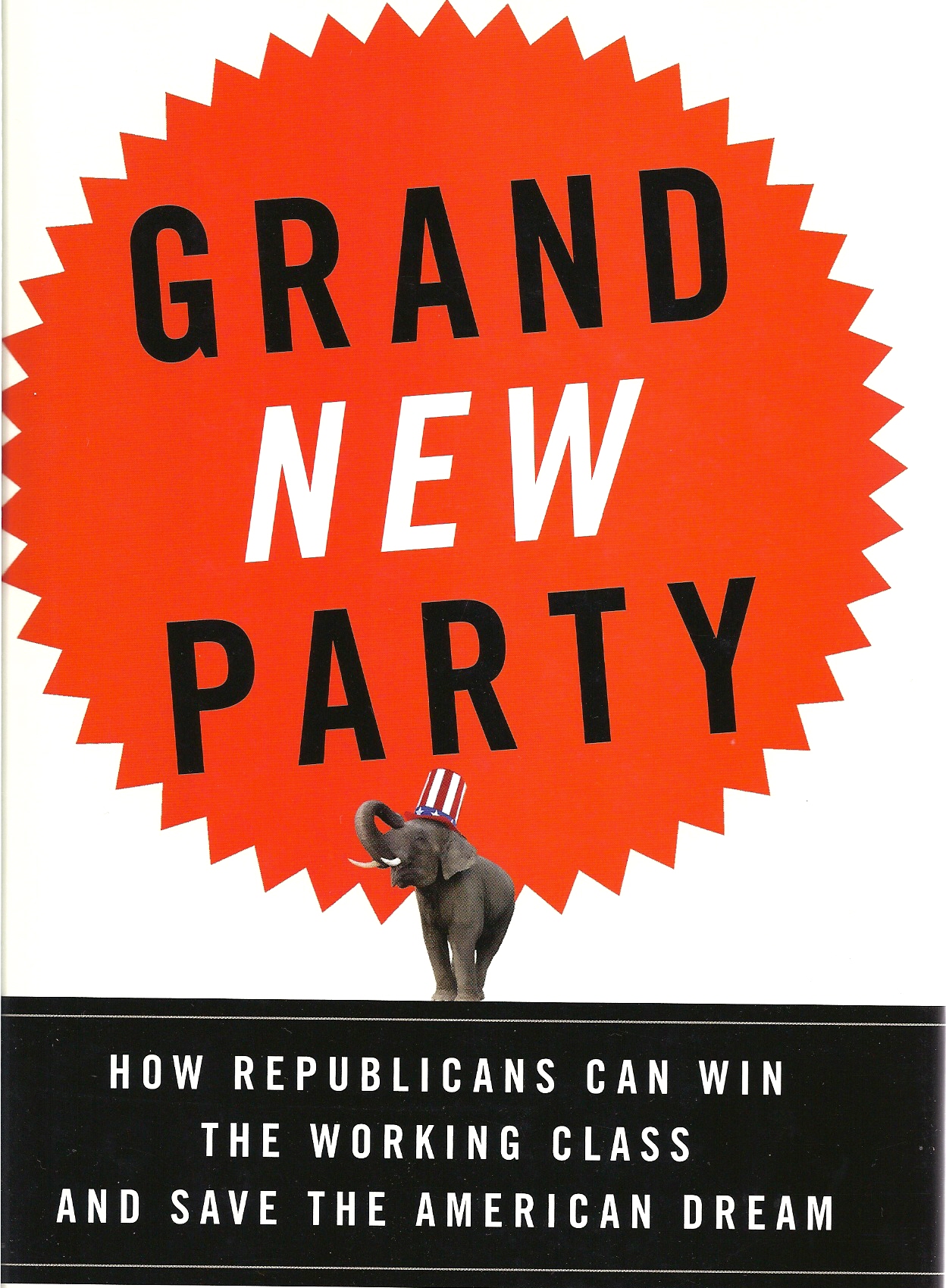by Matthew Raley My email command center refreshes the inevitable advertisements whenever I so much as breathe. So I find myself confronted with faces smoothed from wrinkles and thighs cured of cellulite -- all by the miracle of photoshop. When the screen isn't filled with skin, there are rows of teeth.
I understand the intent. I'm supposed to be repelled by the yellow teeth, and attracted to the white ones. And, lo, I am repelled by mouths full of yellow, though the sight of lips drawn back and gums glistening with you-know-what isn't exactly delightful.
But I have to admit that I'm not attracted to the white teeth either. For starters, they're just another photoshop fantasy. Also, when drawn-back lips reveal yellow, the implication is one of age, disease, perhaps odor. When the lips and gums show stark white, it's like my computer screen is growling at me. I don't know whether to laugh or run.
Furthermore, it's just a fact: some chemical compound stripped this person's teeth. And if the toxin is capable of that, what's it going to do to the liver?
Ultimately, what bothers me about the pictures of white teeth is that I'm looking at the newest pose of self-absorption. Face against mirror, lips stretched, looking up, looking down, evaluating the yellow. Do this pose once and you'll never be able to stop, because we're always wondering, "Am I hideous?"
Yesterday I finished unChristian: What A New Generation Really Thinks About Christianity ... and Why It Matters.
This is a serious book, a salutary contribution to the debate about evangelical problems. It is filled with careful analysis, rigorous comparisons of data, and balanced conclusions. The book is honest, the statistics illuminating, and the interviews well-selected, yielding an account of outsiders' perceptions that rings true.
David Kinnaman and Gabe Lyons give, on the whole, sensible guidelines to change these perceptions. I do not find a compromise of the gospel in this book, or a wavering on moral standards. The most commonly repeated admonition is to listen to outsiders before correcting them. You should read unChristian and be instructed.
I only have one concern about this book. The frame it adopts is mistaken. On the back cover, scattered through the pages, and stated in the first sentence is the way the authors want us to interpret their data: "Christianity has an image problem."
Like members of any subculture, evangelicals are sensitive about how they look to outsiders. They feel like they cannot belong to the mainstream, like they can never be understood, like the ways of their group are an embarrassment. They scheme to prove the outsiders wrong, to show who they "really are," which involves getting the rest of the subculture to look right.
The seeker-sensitive movement was a particularly ruthless example. We were told that our churches were comprehensively embarrassing. We were told to look and sound different. If you didn't go along, then you didn't care about The Lost.
Kinnaman and Lyons are not peddling that old message. They go deeper into the issues, and their prescriptions for evangelicals are often aimed restoring simple godliness.
But I think they made a mistake in catering to the evangelical obsession with image. We've been gum-to-mirror evaluating the yellow for years. We've rinsed our teeth with chemicals over and over, asking each time, "Do we twinkle now?" Our smile has only become more frightening.
The long, hard look unChristian offers at what we are doing and saying is needed. But the most powerful impression I get from it is that evangelicals are self-absorbed. The root of their problem is their vanity. The spiritual change we need will not come from image-sensitivity, which can only motivate changes of systems, mission, and presentation.
We have to be new.
Such transformations require us to pull our faces off the mirror and gaze upon the image of the invisible God.




